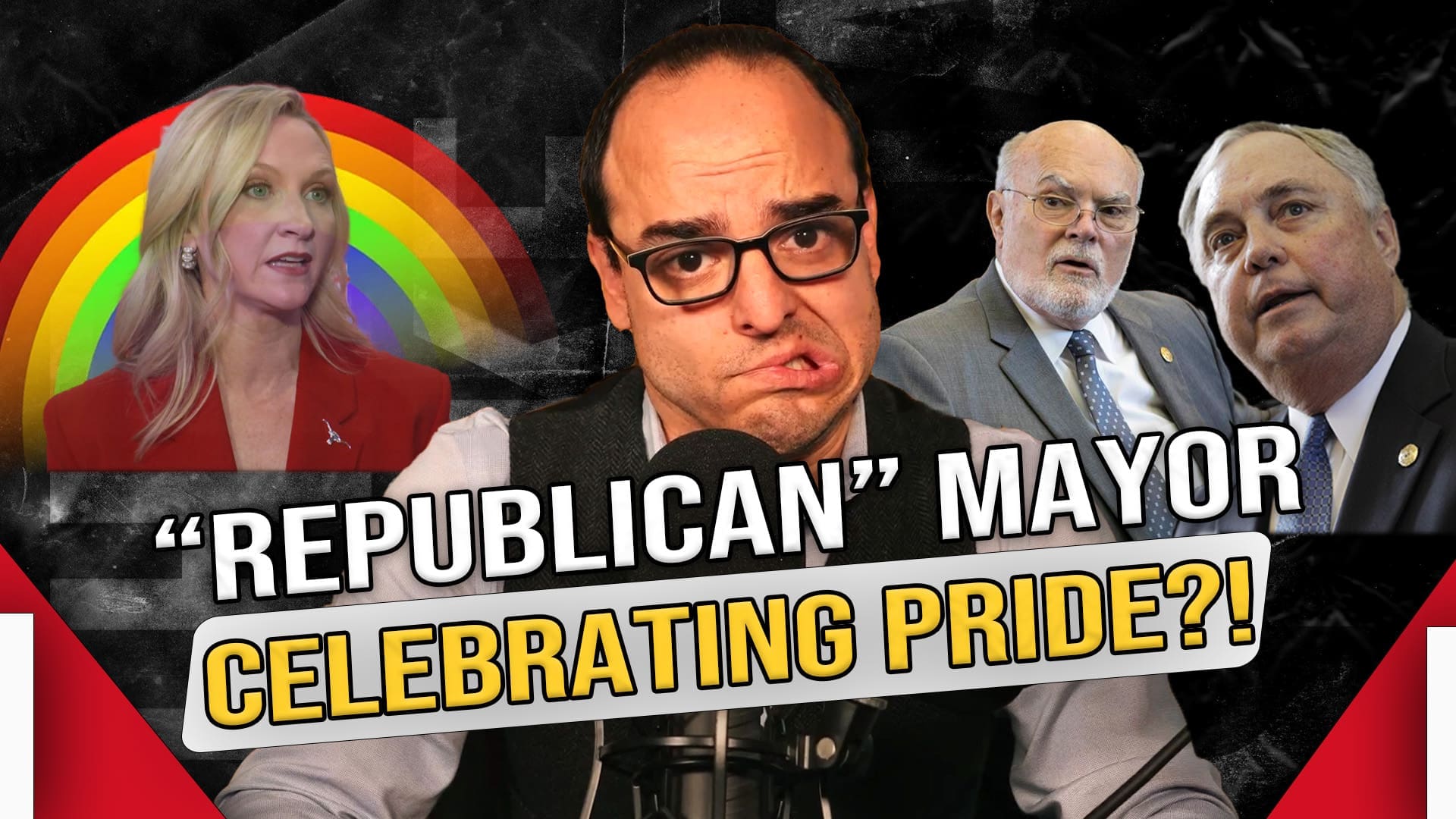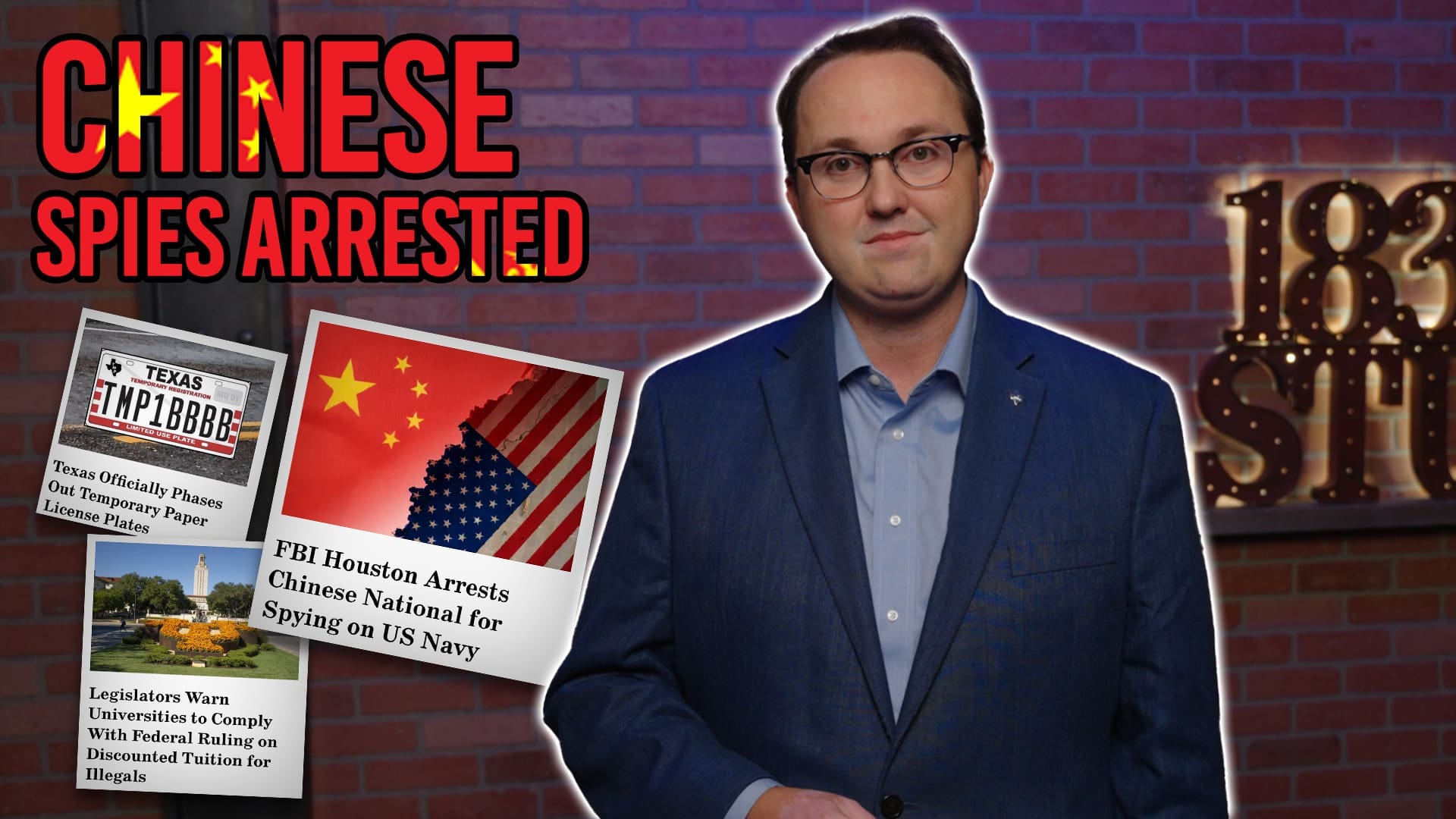On Monday, several bills will be coming up in the House Ways & Means Committee to make the $1 million franchise tax exemption permanent. Doing so will go a long way toward protecting small businesses and securing economic liberty.
Prior to 2007, the Texas Franchise Tax was levied as on a percentage of net capital or net surplus earned on a limited liability corporation, business trust, or joint venture. In 2006, the legislature re-wrote the law into what’s better known as a gross margins tax. The basic premise of the law looks like this:
All taxable entities (all but sole proprietors, general partnerships, or entities making the majority of their revenue from rent, dividends or other investment income) are subject to the tax. They pay a percentage based on the least of:
- total revenue minus cost of goods sold,
- total revenue minus any compensation received, or
- total revenue times 70 percent
If they are classified as primarily retail or wholesale trade, they are subject to a 0.5% tax rate on the margin described above. Otherwise, they are subject to a 1.0% tax rate.
Originally, companies subject to tax were exempt from making payments if their total revenue was $300,000 or less. In 2009, the legislature raised the exemption up to $1 million for two years. If left untouched, the exemption drops to $600,000 for reports due Jan. 1, 2012 or later. Keep in mind the distinction between revenue and profit. Businesses pay the tax whether they are profitable or not. To do otherwise would create an income tax on businesses, in violation of the Texas Constitution.
This type of tax structure only hurts small businesses business and its consumers. First, like any other tax on a business or corporation, it is borne by the business owner, employees, investors and consumers. Businesses remit taxes, people pay taxes.
Second, when higher prices decrease revenue, it drives down a company’s profit margin. That’s the same money they use to turn around and make long-term investments in new capital (either labor, machinery or R&D) to expand their business.
Because of the long-term commitment a new hire or capital investment requires, a combination of a permanent extension of the exemption and a lower tax rate is the best way to stimulate business growth. Another two-year extension would be better than a de facto tax increase (when the exemption expires), but it does not give enough reassurance to businesses for them to make long-term (and often risky) investments.
Fortunately, there are several state representatives who understand this concept. Representatives Harvey Hilderbran of Kerrville, Bill Callegari of Houston, Charlie Howard of Sugar Land and Dennis Bonnen of Angleton all have bills scheduled to come up for a hearing in the House Ways & Means Committee that makes the current $1 million total revenue exemption permanent.
With the temptation to let the exemption expire in the name of “added revenue” for the state budget, we must continue to deliver the message of “no new taxes” to our elected officials. The prosperity of Texas’ economy and its people depends on it.
—
Dustin Matocha is the Social Media Coordinator of Empower Texans / Texans for Fiscal Responsibility.
Connect with Dustin on Twitter.




